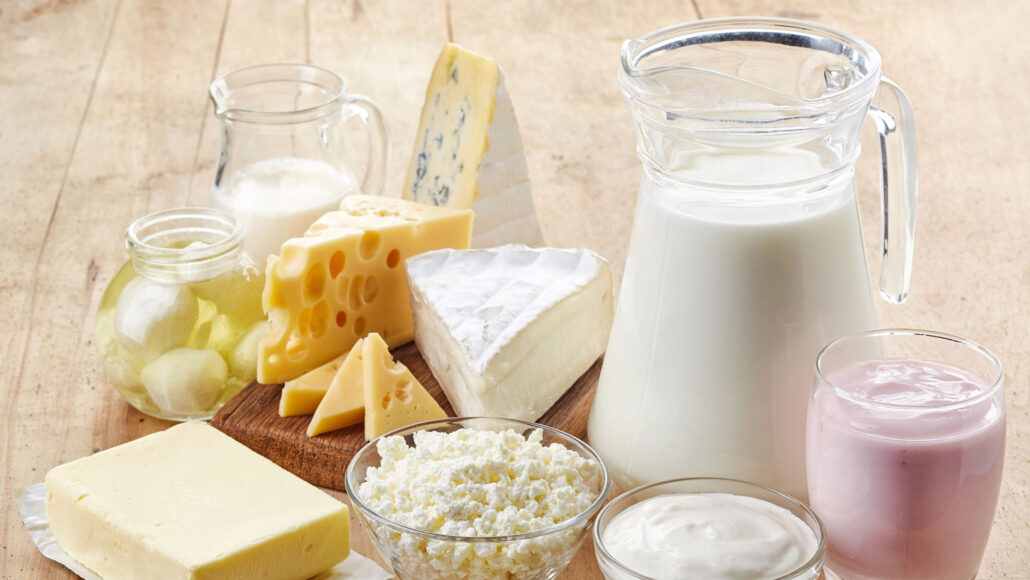
Microbes
Let’s learn about useful bacteria
Bacteria do many useful jobs almost everywhere on Earth, from the soil to the seafloor to our stomachs.
Come explore with us!

Bacteria do many useful jobs almost everywhere on Earth, from the soil to the seafloor to our stomachs.
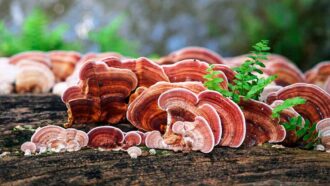
If made under gentle conditions, leather formed from the “roots” of mushrooms can retain the ability to regrow and repair minor damage.
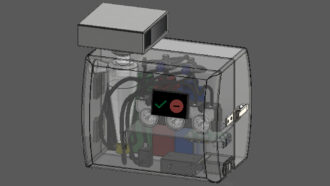
A new device can detect from seven to 35 coronavirus particles per liter of air in minutes. That’s close to a PCR test’s sensitivity — but much quicker.
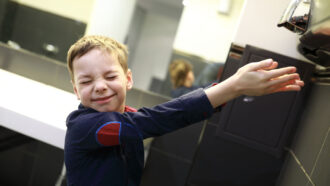
Hot-air hand dryers are a haven for microbes. A finalist at Regeneron ISEF found that these machines spray germs all over freshly washed hands.
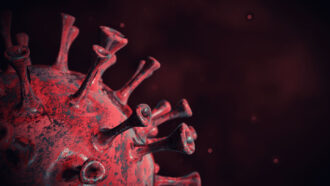
A virus must take over a living cell's machinery to make more viruses.

Some algae glow blue when they experience forces. Held in transparent plastic, they now make devices light up in response to gentle pushes and tugs.
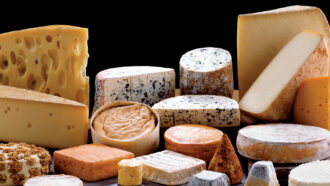
Linking types of bacteria to specific flavors could help cheesemakers tweak their products — or even develop new cheese flavor.
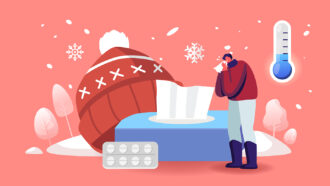
Low humidity helps viruses survive, and cold weather blunts some of the body’s immune responses — making colds and other viral infections more likely.
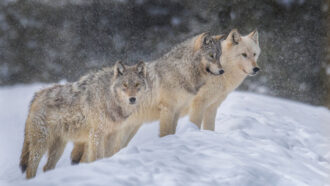
Gray wolves infected with Toxoplasma gondii make riskier decisions. This makes them more likely to become pack leaders or strike out on their own.
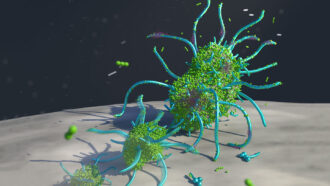
In kids with severe tooth decay, fungi and bacteria team up to create superorganisms that can crawl across teeth.